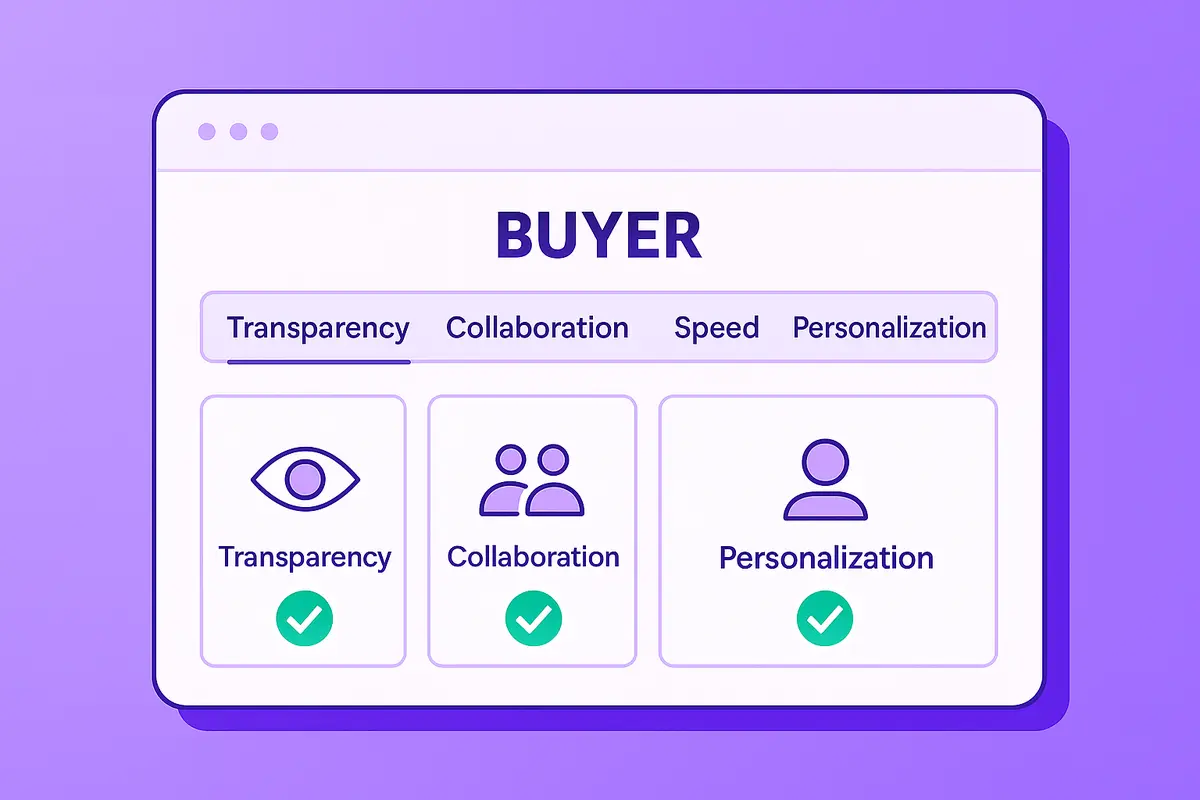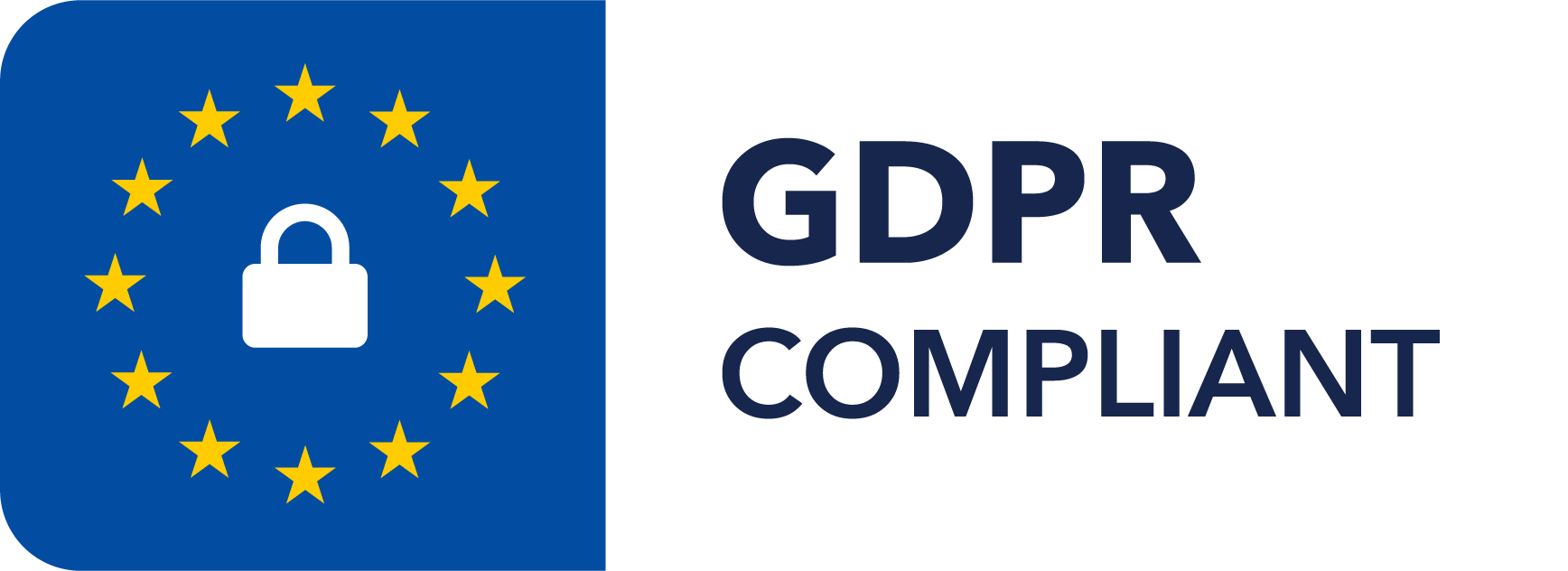Beyond the RFP: What Modern Buyers Expect
August 14, 2024
By
Cole Doherty

The Evolution of RFPs: Why Modern Organizations Need AI-Powered Solutions
I think this goes without saying: traditional RFPs (Requests for Proposals) are a thing of the past. Buyers are increasingly seeking more information, far beyond generic cut-and-paste answers. As a fundamental component in securing business, RFPs remain a primary type of assessment that companies must address. In fact, nearly 50% of organizations indicate they respond to these often lengthy, highly technical requests at least once or more per week.
That statistic alone highlights why companies can no longer afford outdated approaches to proposal management. Instead, they need modern, AI-powered RFP automation platforms like Iris that meet today’s buyers where they are. Iris not only acknowledges this shift but is hitting it head-on.
From Pain Point to Platform Advantage
This challenge is not only something I’m hearing from prospective clients — it’s also a pain I’ve felt myself. The sheer amount of time and energy wasted on repetitive vendor forms, questionnaires, and compliance documents is staggering. This is exactly what attracted me to Iris early on, both as a representative and as an end user who needed a better way.
The Expanding Landscape of Information Requests
The landscape of information requests is broadening and growing in complexity. Organizations now frequently encounter RFIs (Requests for Information) and RFQs (Requests for Quote) in addition to their standard RFP workload.
Beyond that, specialized questionnaires such as DDQs (Due Diligence Questionnaires), VRAs (Vendor Risk Assessments), ESG assessments, DEI disclosures, and nearly every other three-letter acronym imaginable are becoming more prevalent.
The reality is clear: the variety of questionnaires, assessments, and inquiries an organization must manage when partnering with potential collaborators is extensive. Each one demands tailored, accurate, and well-branded information — and this is where Iris delivers unmatched value.
How Iris Streamlines and Personalizes the RFP Process
Iris excels at gathering, shaping, and personalizing company knowledge to ensure that information is efficiently shared with prospects and partners. Through a fluid process, Iris brings together subject matter experts (SMEs) and stakeholders to deliver responses that are:
- Current
- Compelling
- Compliant
- Consistent across the organization
By centralizing knowledge and providing AI-driven automation, Iris eliminates the inefficiency of siloed data and repetitive manual effort.
Strategic Competencies Every Organization Needs
When it comes to managing strategic responses, almost 100% of organizations deem the following competencies as critical — all of which Iris provides with precision:
- Aligning stakeholders on the response process
- Facilitating collaboration and cross-functional alignment
- Ensuring a consistent brand voice and professional style
- Producing detailed, accurate, and compliant responses
- Providing a single source of truth for all proposal content
- Personalizing responses based on industry, client, and context
- Trending historical data to continuously improve responses
- Using key reports to measure impact and ROI of responses
- Enabling self-service tools and automation for faster delivery
Instead of simply clicking a button to spin up a proposal from a static bank of canned responses, Iris goes deeper. The platform focuses on the meat of the process: empowering every rep, SME, or proposal manager to become infinitely more autonomous — and more effective — in leveraging company knowledge.
Why AI-Powered Proposal Management is the Future
The way people think about RFPs is evolving. Shouldn’t you have a platform that’s evolving too?
With Iris, your company gains more than just automation. You gain an internal AI deal desk that:
- Empowers enablement teams
- Tailors content for different audiences and industries
- Provides real-time collaboration tools
- Reduces time-to-response
- Increases win rates through better personalization and accuracy
Final Thoughts
The traditional RFP process is slow, repetitive, and no longer sufficient for today’s buyers. With the rise of complex compliance questionnaires and growing buyer expectations, organizations need a modern AI-powered solution to stay competitive.
Iris serves as your intelligent proposal automation platform, helping teams accelerate workflows, improve accuracy, and transform pre-sales into a revenue-driving engine.
🚀 If you’re ready to go beyond the RFP and meet modern buyer expectations, discover how Iris can help at heyiris.ai.
Share this post
Link copied!




















